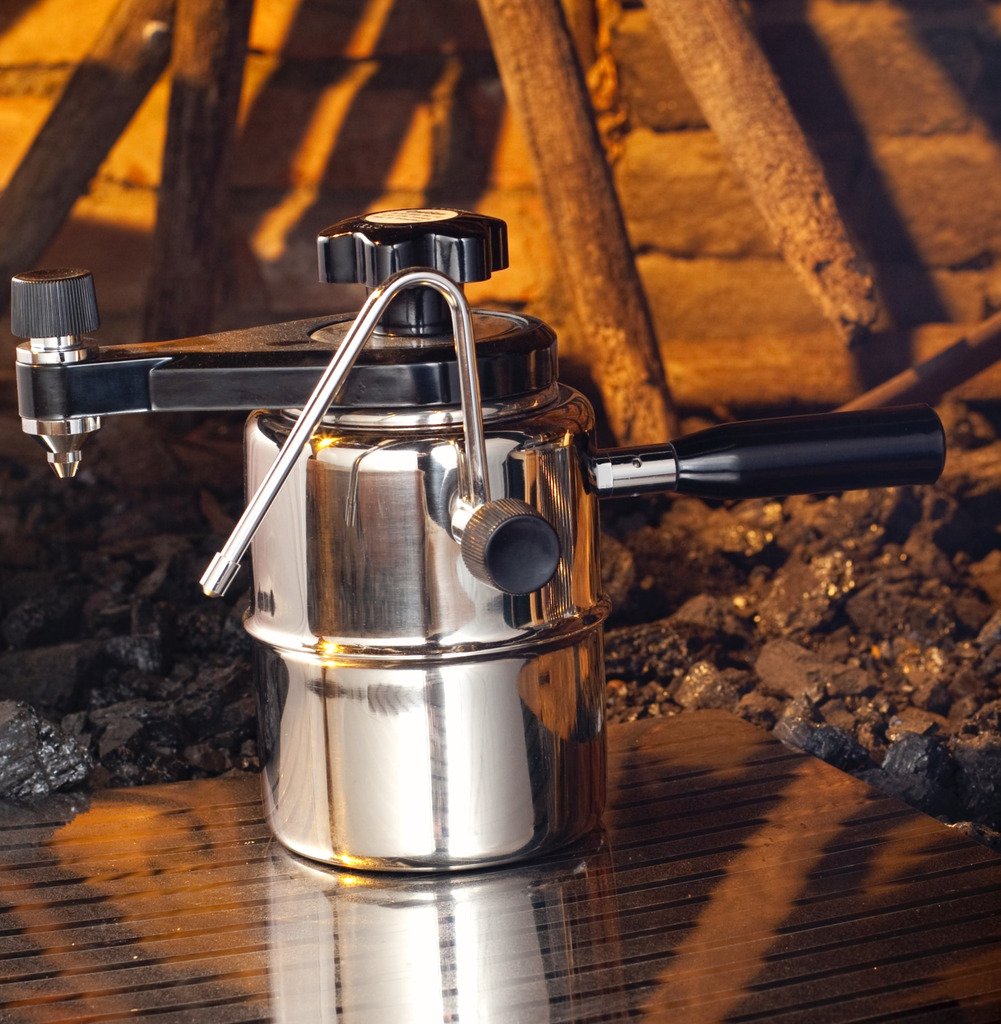Let’s be honest, a good espresso is a thing of beauty. That rich crema, the intense aroma, the perfect balance of bitterness and sweetness – it’s an experience worth savoring. But have you ever stopped to think about the unsung hero behind that perfect shot? It’s not just the beans, the grind, or the machine itself; it’s the water. And more specifically, the quality of the water you’re using.
Why Filtered Water is Essential for Espresso

Using filtered water in your espresso machine isn’t just a suggestion; it’s a necessity for achieving consistently delicious espresso. Unfiltered tap water contains a cocktail of minerals, sediment, chlorine, and other impurities that can dramatically affect the taste and quality of your brew. These impurities can:
- Alter the taste: Minerals like calcium and magnesium can leave a chalky or metallic aftertaste, masking the delicate flavors of your espresso beans. Chlorine, a common disinfectant, can impart a chemical taste, ruining the experience entirely.
- Clog your machine: Sediment and other particulate matter can build up in your espresso machine’s pipes and components, leading to clogs, malfunctions, and costly repairs. This is especially important for expensive espresso machines with delicate internal mechanisms.
- Affect crema formation: The crema, that glorious layer of foam on top of your espresso, is an indicator of quality. Impurities in your water can hinder proper crema formation, resulting in a less appealing and less flavorful espresso.
- Impact scale buildup: Hard water, high in minerals, contributes significantly to scale buildup inside your machine. Scale can reduce efficiency, damage heating elements, and ultimately shorten the lifespan of your espresso maker.
- Reduce extraction efficiency: The water’s mineral content directly influences how effectively the espresso machine extracts flavors from the coffee grounds. Impurities can interfere with this process, leading to a weaker, less flavorful shot.
Understanding Water Hardness and Its Impact

The hardness of your water is a critical factor. Hard water, rich in dissolved minerals like calcium and magnesium, is the main culprit behind scale buildup. This scale not only affects the taste but also reduces the efficiency of your machine’s heating elements. Over time, significant scale buildup can lead to premature failure of expensive components. Regular descaling is crucial, but using filtered water significantly reduces the frequency and intensity of this necessary maintenance.
Types of Water Filters for Espresso Machines
Several types of water filters can improve the quality of water used in your espresso machine:
- Inline filters: These filters are installed directly in your water line, providing continuous filtration. They are excellent for consistent water quality but may require more regular filter replacements.
- Brita-style pitchers: These are affordable and convenient for smaller households, but they require manual filling and offer a limited filtration capacity.
- Built-in machine filters: Some espresso machines come with integrated water filters. These are convenient but often require using specific manufacturer-approved filters, which can be more expensive.
- Reverse osmosis (RO) filters: These filters produce the purest water, removing nearly all impurities, but are more expensive and can require significant maintenance.
Choosing the Right Filter for Your Needs

The best filter for you depends on your budget, the hardness of your water, and the frequency of your espresso brewing. If you have very hard water, an inline filter or RO system might be worthwhile investments in the long run. For those on a budget or brewing less frequently, a Brita-style pitcher or a machine’s built-in filter might suffice. Always follow the manufacturer’s instructions for filter replacement to maintain optimal water quality.
Beyond Filtration: Other Water Considerations
While filtration is crucial, the temperature and mineral content of your water also impact your espresso. Ideally, your water should be around 200°F (93°C) for optimal extraction. Using a thermometer to monitor water temperature is beneficial. Also, consider the total dissolved solids (TDS) in your water. A TDS meter can help ensure the water isn’t too pure or too mineral-rich for your specific espresso machine and beans.
The Impact on Your Espresso Machine’s Longevity
Investing in filtered water is an investment in your espresso machine’s longevity. By preventing scale buildup and reducing the risk of clogs, you significantly extend the life of your machine, saving you money on repairs and replacements in the long run. This translates to years of enjoying perfect espressos without the worry of costly repairs.
Conclusion: Small Investment, Big Reward

While the initial cost of a water filter might seem like an added expense, the benefits far outweigh the investment. Using filtered water in your espresso machine ensures consistently delicious espresso, protects your machine from damage, and ultimately enhances your overall coffee-making experience. Don’t let tap water compromise the quality of your brew – upgrade to a filter and taste the difference!